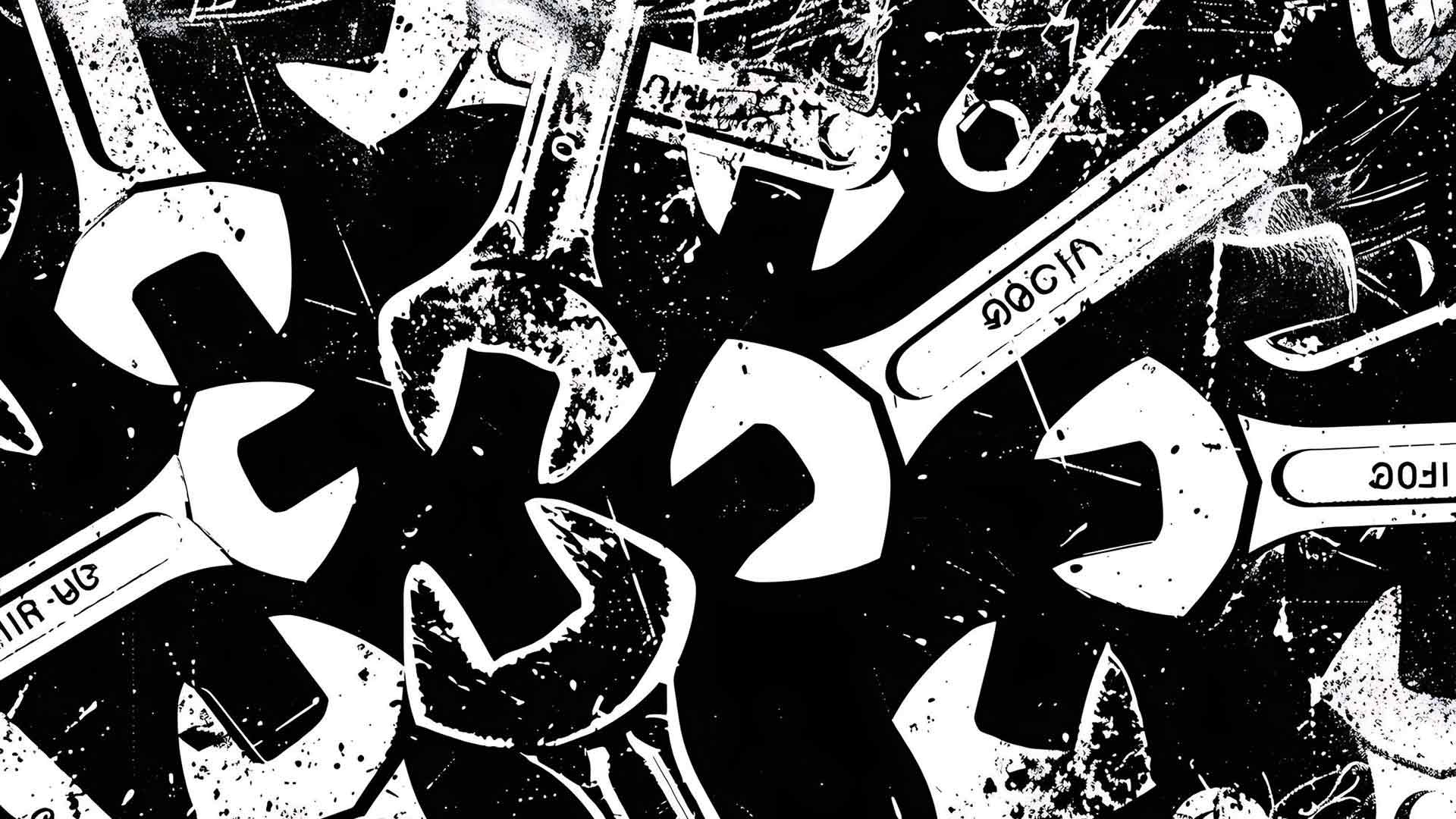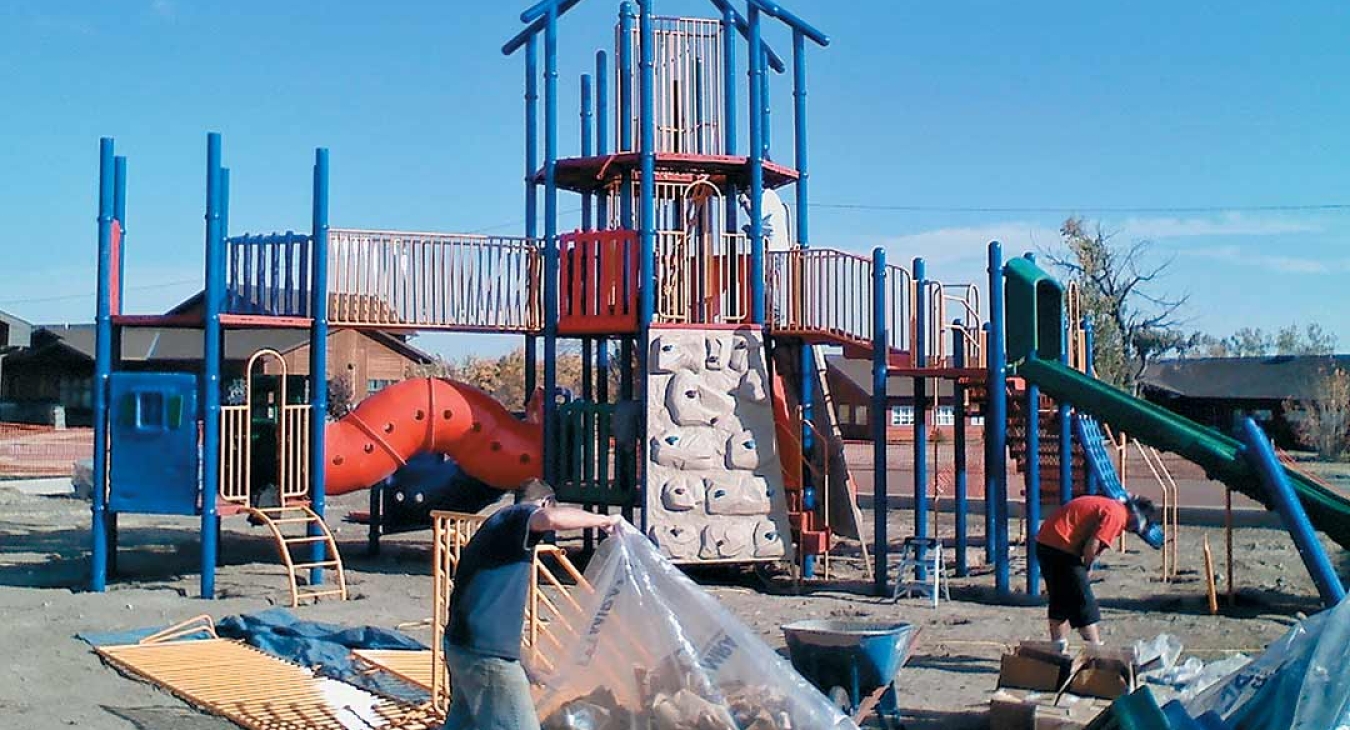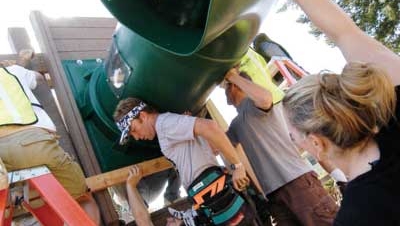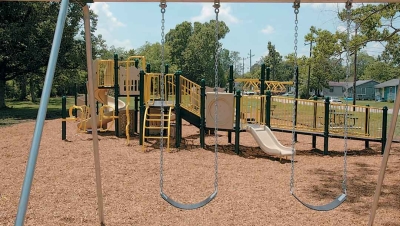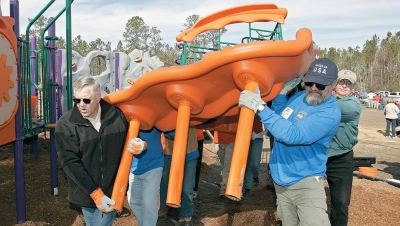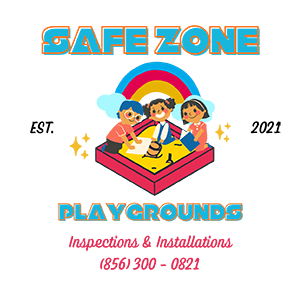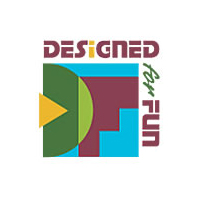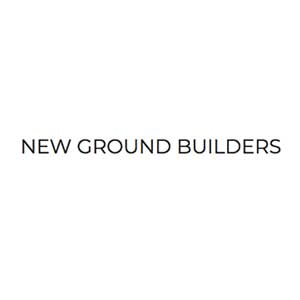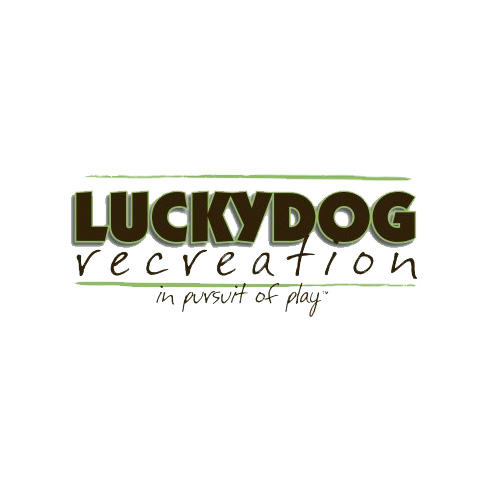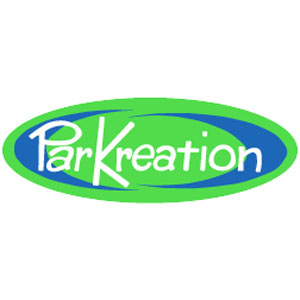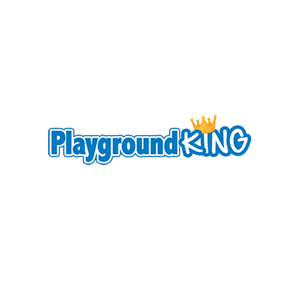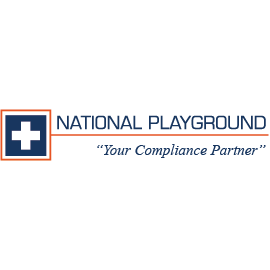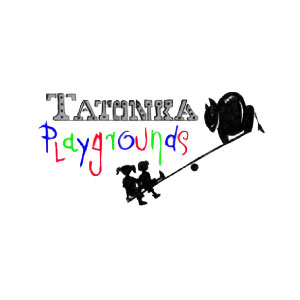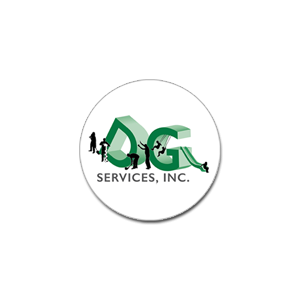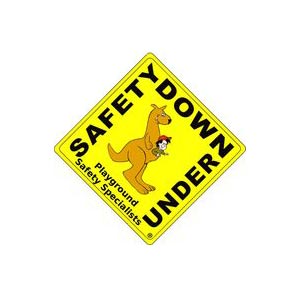Jobsite safety includes many aspects of safety
Playground installers must protect the public from potential safety hazards at a construction site. Accident prevention is a No. 1 priority. Maintaining a safe work environment requires the continuous cooperation of all of those involved in the construction process. Unsafe conditions should not be tolerated and must be immediately corrected. Accidents and injuries can be prevented, but require that we are alert every minute of every hour of every day to keep the site safe.
All installers should have an efficient and workable safety policy and training program. Written rules and directions are essential to providing a safe work environment. An effective safety program encourages safety awareness, gets every individual involved, and helps motivate staff to follow sound safety practices. All personnel should recognize their role in job site safety, including active participation in maintaining the safety rules.
Here is a quick outline of some playground construction safety issues.
Safety Meetings
Every installation crew should have weekly safety meetings. At each safety meeting management should supply a document to all staff members that identifies and clarifies a safety topic.
Secured Construction Site
Playgrounds invite children—even playgrounds under construction. It is critical that all playground construction sites be secure from entry by children or others.
Vehicle Safety
Big moving pieces of metal are dangerous. From driving a vehicle down the freeway to operating a skid steer, these machines put installers at risk every day. Develop strong vehicle safety rules and follow them explicitly. Operating a vehicle safely includes obeying the law, driving sensibly and defensively, being aware of bad weather conditions, and maintaining your vehicle.
Digging
Utility companies offer utility marking services to prevent damage to underground utility facilities when people are excavating or digging. Installers are wise to use these services and to make special note of overhead utilities as well.
Heavy Equipment
Playground builders use a variety of heavy equipment. Backhoes, loaders, or augers may be found at the playground construction site. Not only can these big pieces of machinery present safety hazards to staff, but they can also damage existing site conditions or playground equipment. It is very important that trained, capable individuals operate heavy equipment.
Power Tools
Power tools can cause electrical shock or electrocution. They can cut fingers and toes off. They can drill into the skin and grab or rip hair. If not handled properly, power tools can be incredibly dangerous.
Hand Tools
When using hand tools, a playground installer should protect his/her head, eyes, arms, and fingers. Goggles, face shields, hard hats, and gloves are protective gear for use with hand tools. Striking with a hammer requires eye protection. If the strike zone is close to your fingers, gloves should be worn.
Ladders
Many workers with high egos have been knocked to the ground by a faulty ladder.
Ground Openings
Playground installers dig a great number of holes. Usually, these holes are at least 18 inches deep and 18 inches in diameter. You must always be aware of open holes in the ground, especially when backing up or hauling a deck or piece of equipment that blocks your view.
Horseplay
Goofing around and wrestling are not allowed at job sites. Horseplay is for another time. Treat all co-workers with respect and do not put yourself or anyone else at risk by acting foolish.
Hazardous Chemicals
All employees must be trained on chemical hazards and the correct handling procedure of any chemical they may be exposed to. Ensure that all chemical containers are labeled. The MSDS books must be correctly labeled and available at all times. Read hazardous product information before handling the product.
Fire
Do not burn packaging material at the job site unless a designated place is allowed by law. In many metropolitan areas, open fires are illegal. It is a good practice to remove trash instead of burning it.
Electrical
Insufficient or overloaded outlets should be avoided. They can cause electrical fires, blackouts, and/or ruin power tools. Defective, frayed, or broken electrical cords can short-circuit and cause electric shock or electrocution.
Falling, Tripping, Slipping
Falls are dangerous. Do not work in cluttered areas. Keep pathways clear of parts, garbage, and tools.
Personal Protection, Protective Gear
Personal protection is the responsibility of every installer. You must be aware of site conditions, working conditions, and weather, and protect yourself accordingly. Using protective equipment can keep your eyes, face, hands, fingers, and back injury-free. You may also need to protect yourself from the elements, such as heat and cold.
Clothing
Wear clothing that is loose enough to be comfortable while allowing you to move freely, but not so loose that it can catch on playground equipment parts or machinery. Wear long pants and solid shoes that completely cover the feet.
Gloves
Hands are always at risk of injury. Gloves protect hands from blistering, nicks, and cuts as well as more serious injuries caused by hand and power tools. Gloves also prevent direct contact with hazardous materials.
Eyes, Face, Head, Ears
Face shields or goggles should always be worn whenever using cutting or drilling tools. Face protection should also be worn when using a hammer or other striking hand tools. Sunscreen and sunglasses are necessary in hot and sunny weather. Earmuffs or earplugs protect your hearing and should be used when operating machinery or power tools.
Weather
High temperatures cause your body to work very hard to keep cool. Workers can take the following precautions to combat hot temperatures:
Acclimate – Allow your body to adjust to the heat naturally and gradually.
Eat light – The more calories you take in, the more body heat you produce. Drink plenty of fluids before you work and throughout the day.
Rest often – Rest in the shade or in a cool room. Short, frequent breaks are more effective than long, infrequent breaks. Choose the proper type and amount of clothing.
Back Care
Installers should be aware of how to correctly lift and carry heavy objects to prevent back injury.
Drugs And Alcohol
Employees should be made aware of company drug and alcohol policies prior to starting a job.
First-Aid/First-Aid Kits
Office workers and in-the-field workers should always have access to a first-aid kit and know their company’s policy for response in the case of an emergency.
Safety at the playground construction site is up to you. Make it a priority.

